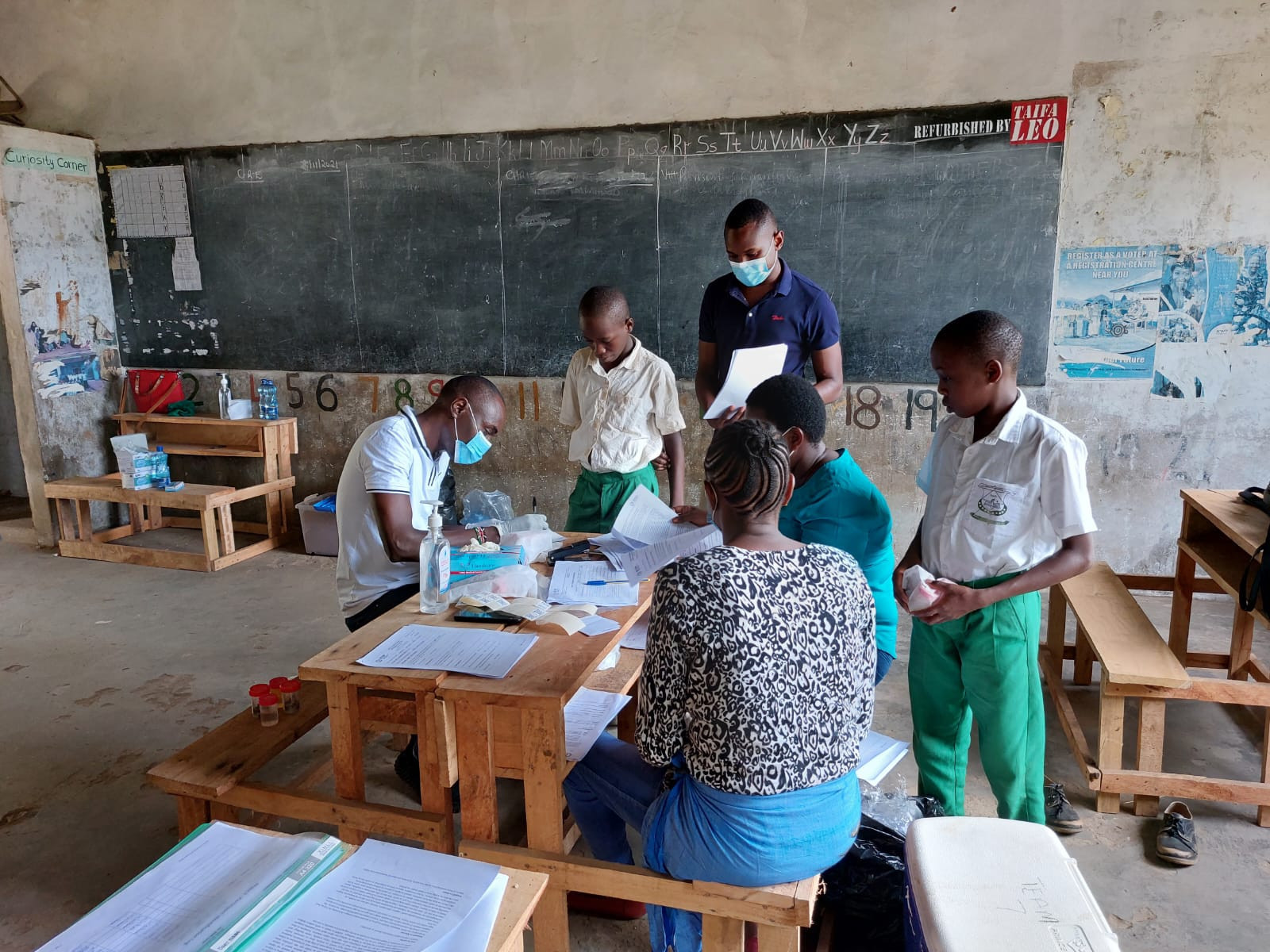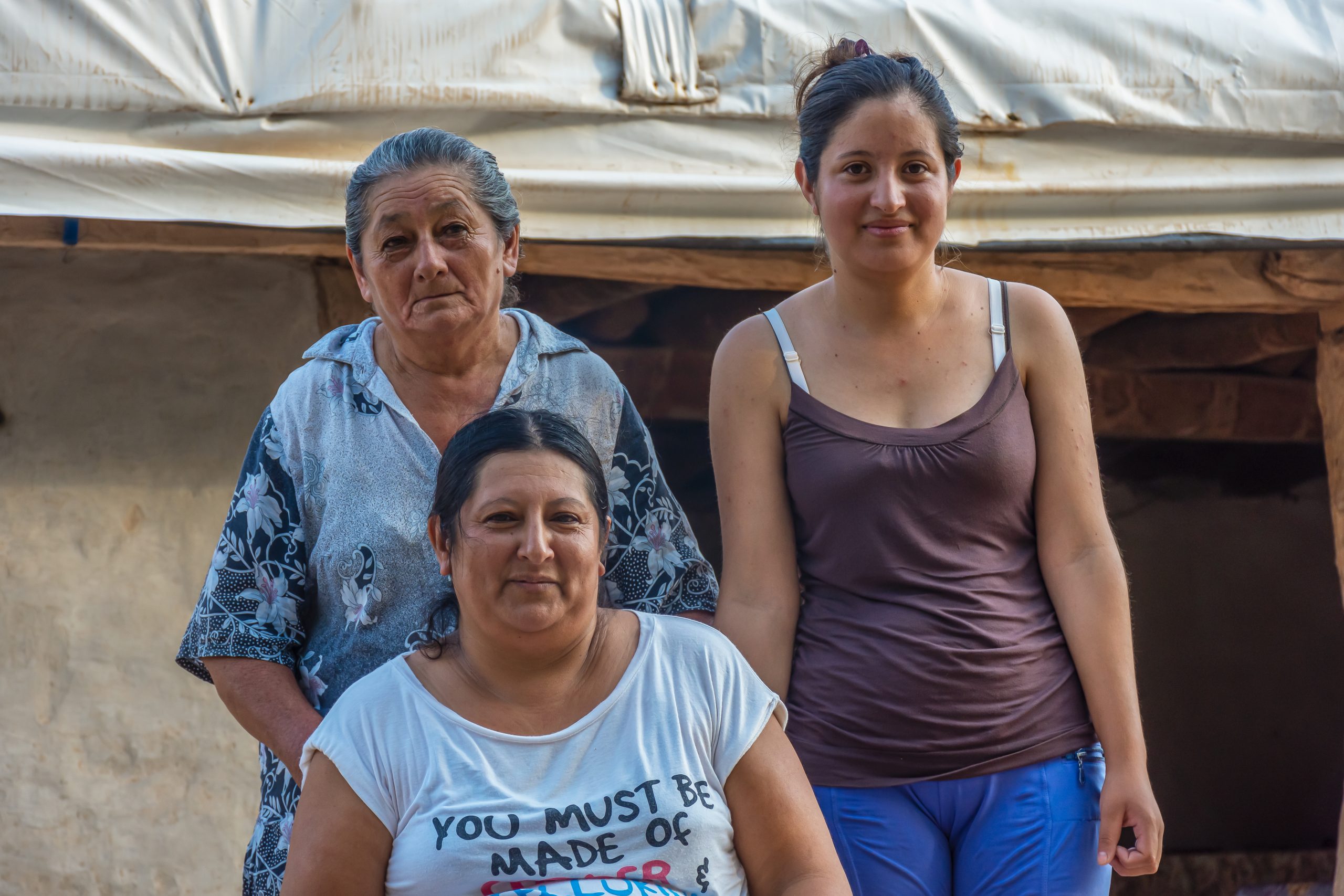Just as in the midst of the COVID-19 pandemic the World Health Organization urged not to neglect dengue in the Americas region, the organization did so with Chagas disease by recommending governments to make efforts so that essential assistance, treatments and distribution of medicines for neglected diseases like Chagas are not interrupted. In this regard, Silvia Gold, biochemist from the University of Buenos Aires (UBA), president of Mundo Sano Foundation and founder of Grupo Insud, spoke with Télam about this topic:
COVID-19 pandemic has transformed the world so strongly that everything will have to be thought over. It has had impacts on the economy, society, psychology, education. And, obviously, on health.
First of all, surely, through its direct and specific effect: nearly 20 million people have become infected and more than 700 thousand people have died. But, secondly, the pandemic has impacted all health programmes. The combination of the breakdown of health systems, the lockdown and a sense of fear of many people to go to health centres have led to a lack of assistance to people with severe diseases, such as heart attacks, strokes, or oncological treatments, and to the neglect of regular preventive check-ups.
In this general health crisis context, a usually overlooked issue is the impact on diseases that we already called neglected in the “old normal” situation, those that are left behind in public health priorities because the affected people, belonging to vulnerable social groups, lack political influence: in Argentina, the most widely known disease of this type is Chagas.
The effect on these diseases is manifold. First, the budget allocated to their treatment will be reduced: coronavirus takes up a good part of the resources, which in turn can be reduced as a result of the economic crisis. But it is also likely that, given the shock generated by the pandemic, the issue may fall off the public agenda even more. The picture is tragic.
However, major crisis also give rise to major hopes. Need is very often the engine of growth. In order to build the “new normal”, the global health community and its partners will have to promote new strategies that account for the situation generated by COVID-19. In this context, the road map developed by the World Health Organization (WHO) for the period 2020-2030 defines a working line that, from my perspective, is appropriate: leaving aside the vertical approaches to a disease to display horizontal strategies, which ultimately implies strengthening the primary health care system.
Indeed, in the last years, both in Argentina and in other countries, neglected diseases have been addressed from specific programmes, such as the National Chagas Disease Programme. This approach has advantages in terms of technical knowledge and the development of medical and scientific processes; however, it turns out to be inefficient in terms of use of human, logistic and economic resources. At a time of crisis like the present one, it is necessary to put aside fragmentary strategies and make advances toward a greater integration of programmes and a reinforcement of primary care attention, along with the improvement of water, sanitation and hygiene conditions. And, of course, of housing and education.
Otherwise, there is the risk that the impact of these diseases, diseases of poverty that in turn generate more poverty, becomes even more acute, hindering not only the wellbeing of many people but also the progress and development of the whole society. At a time when everything is being rethought, we believe that it is possible to renew the strategies, seeking efficiency and measuring the real impact of policies, and we trust that this will be the direction that will allow us to move forward.
Télam – Full article


